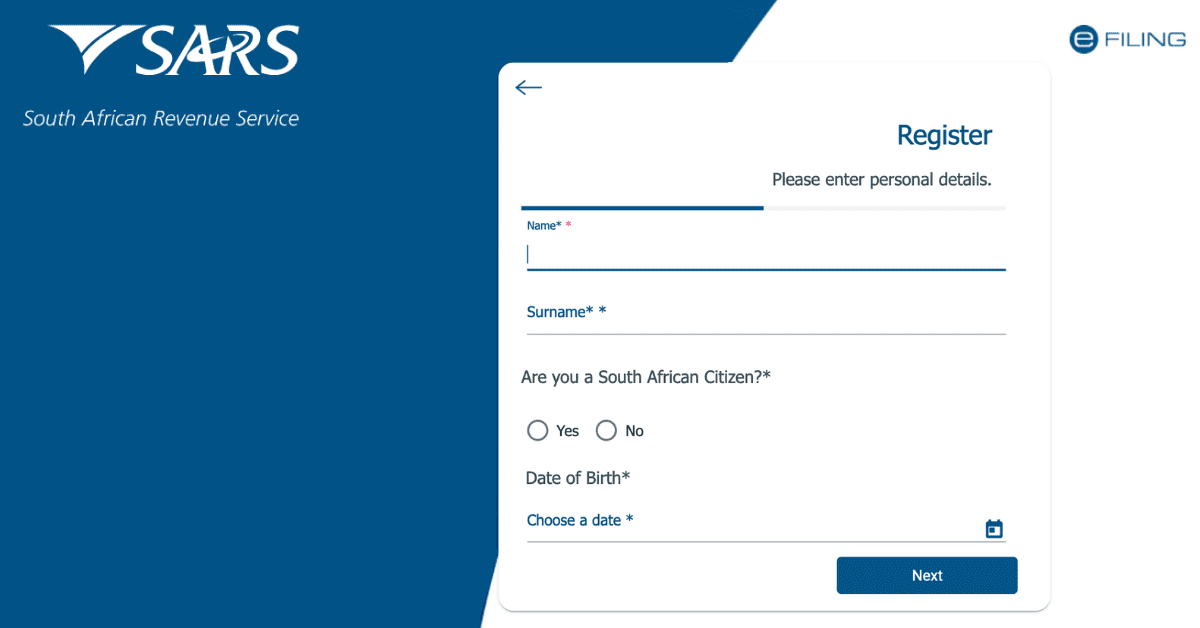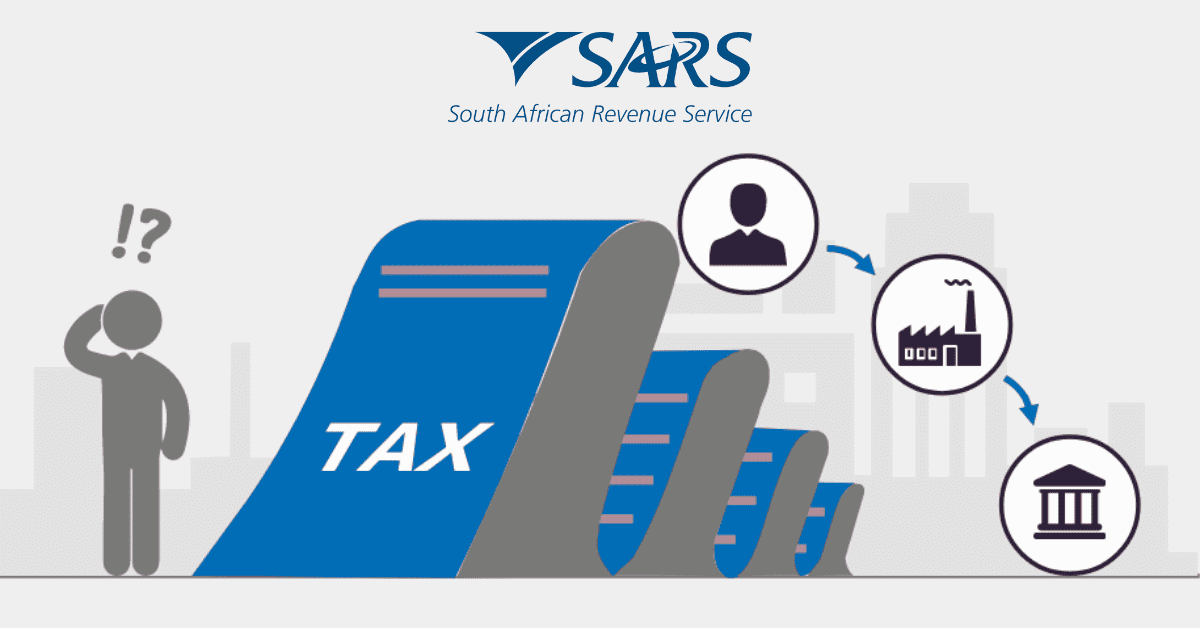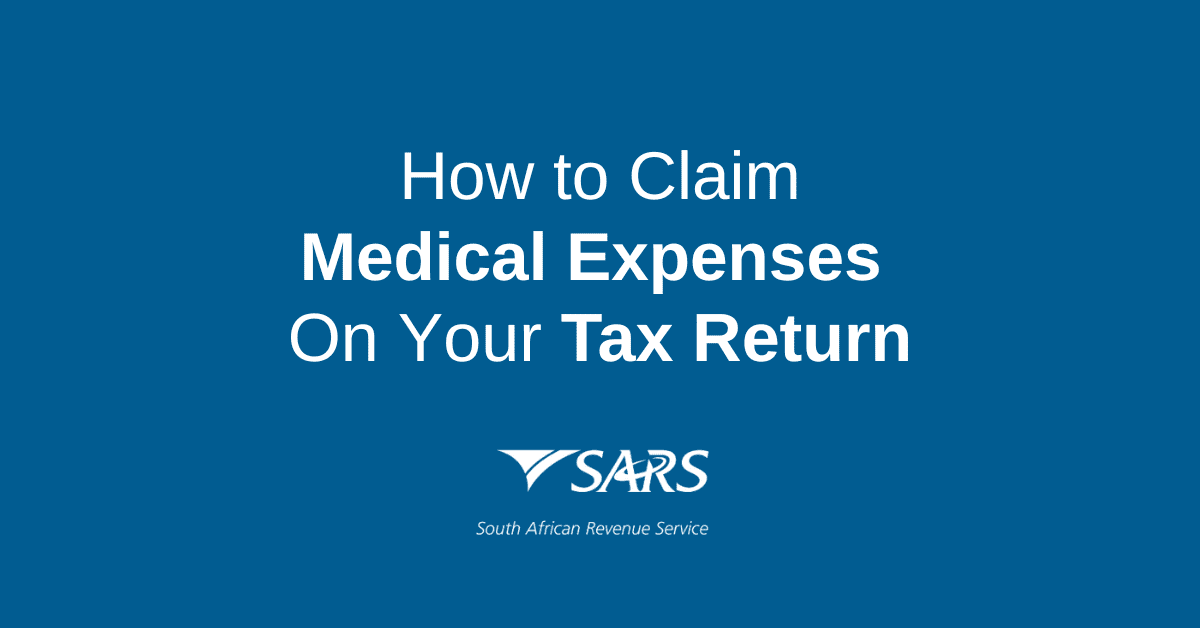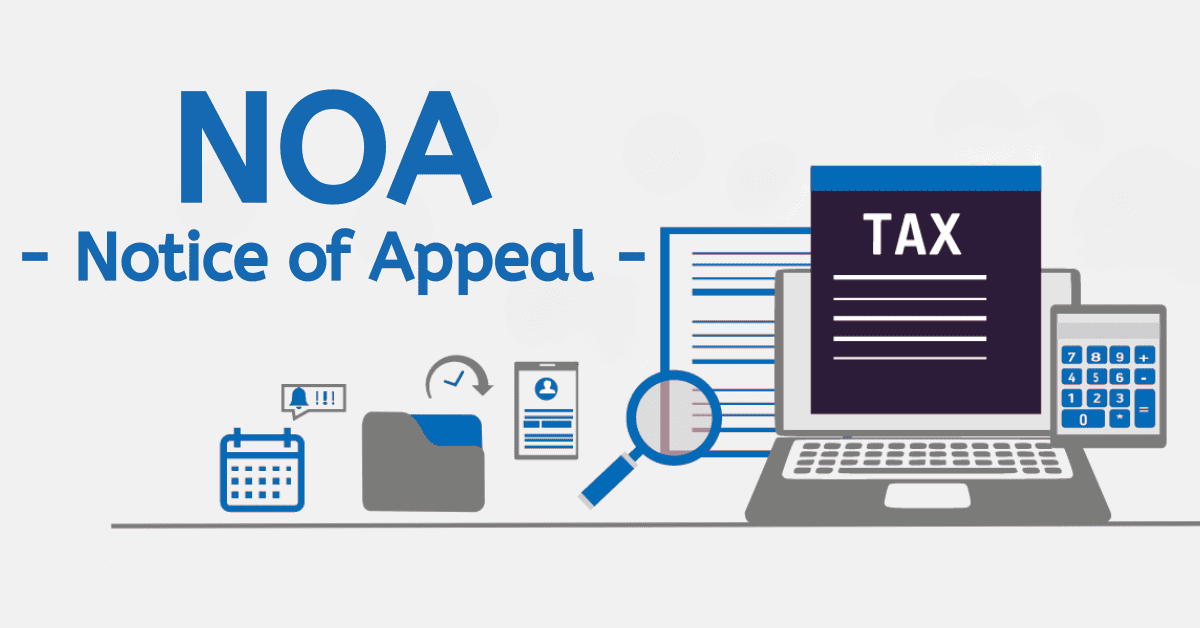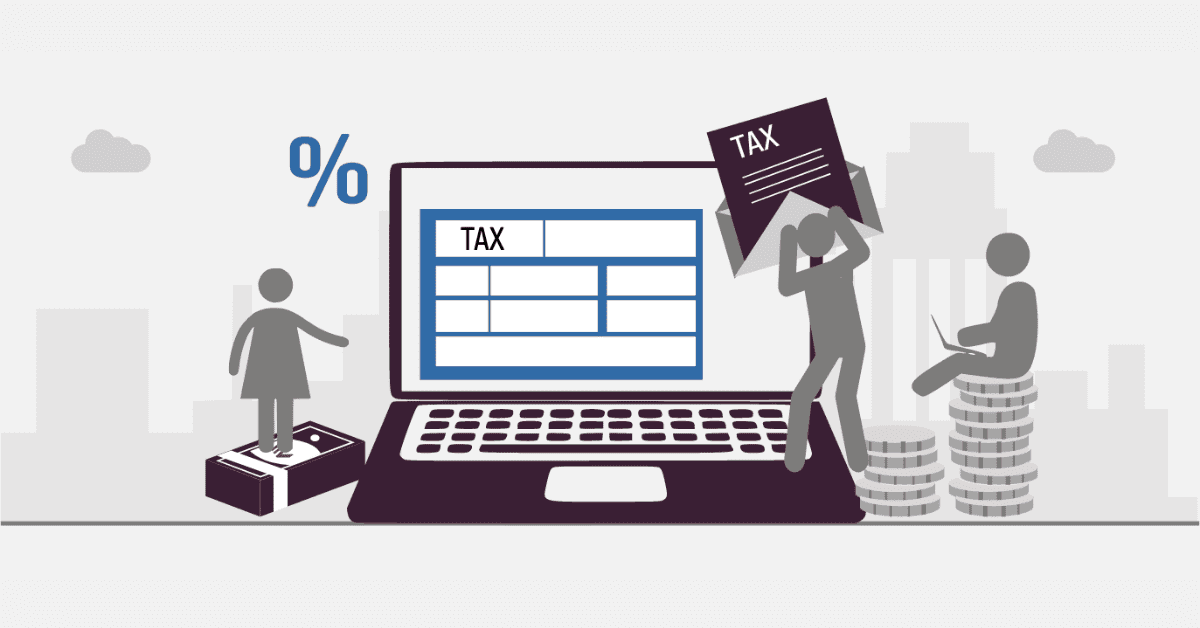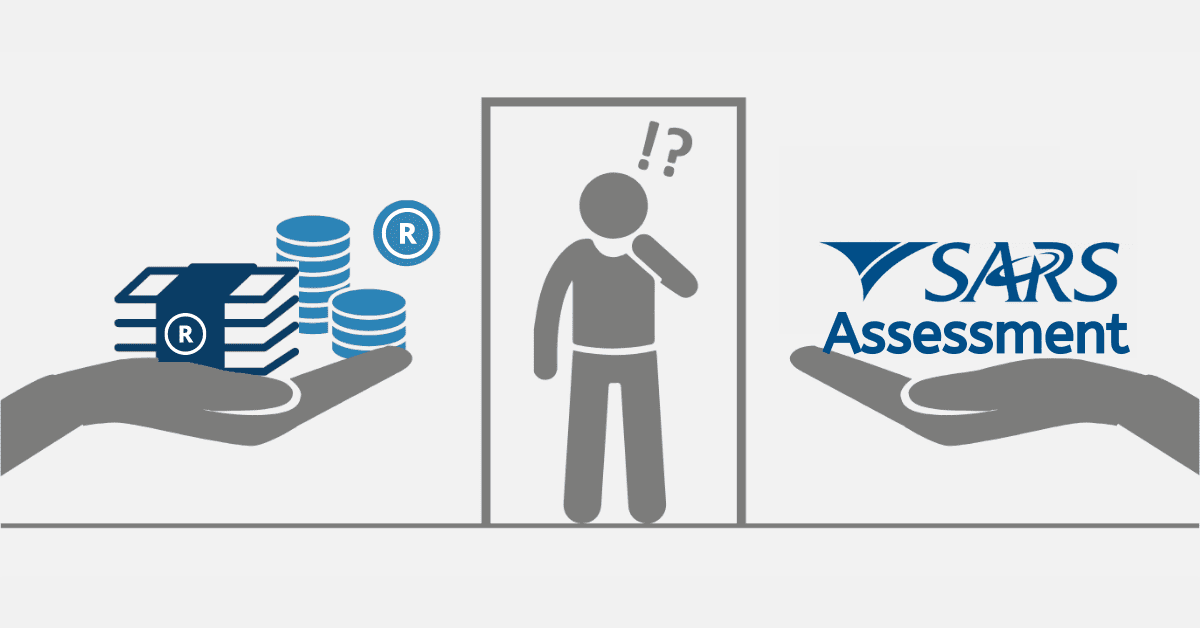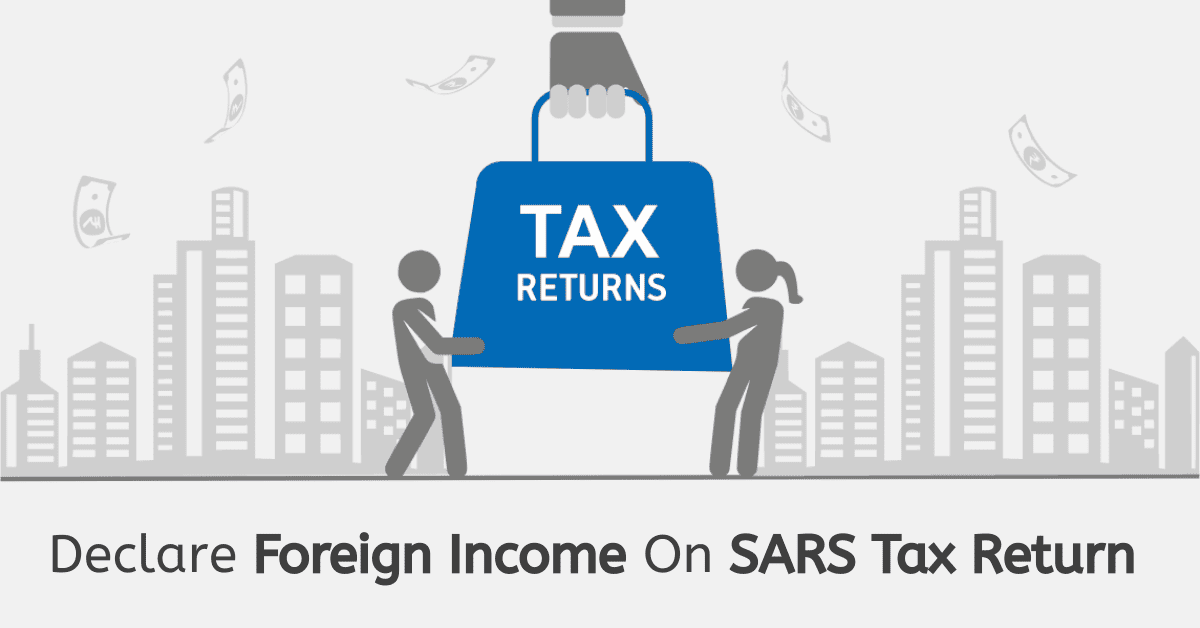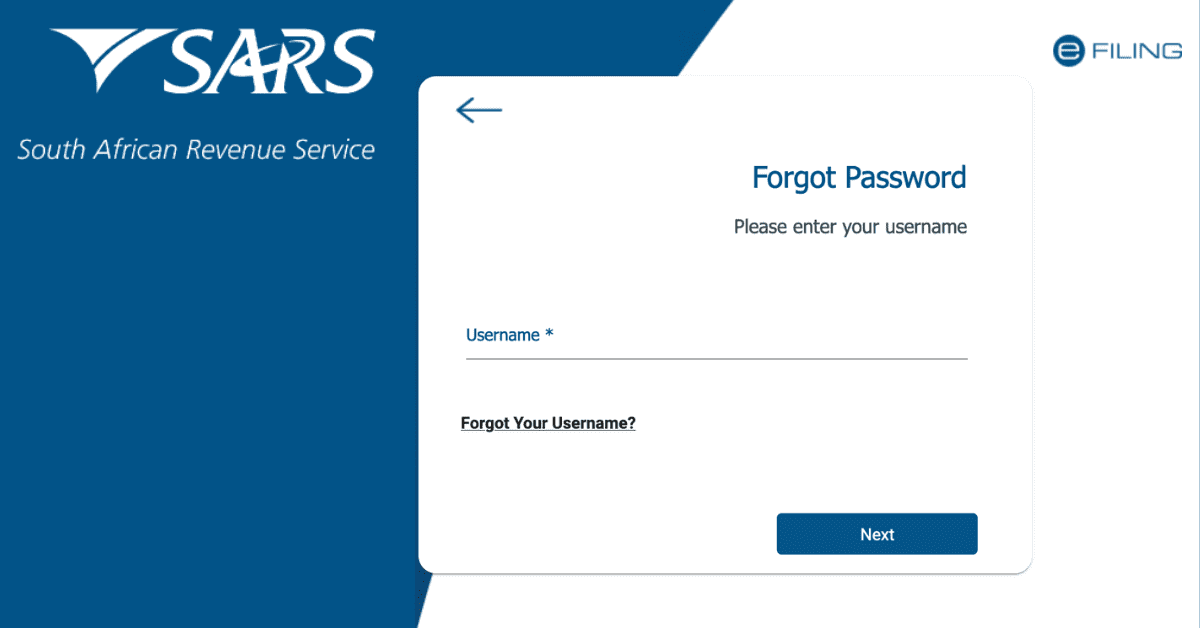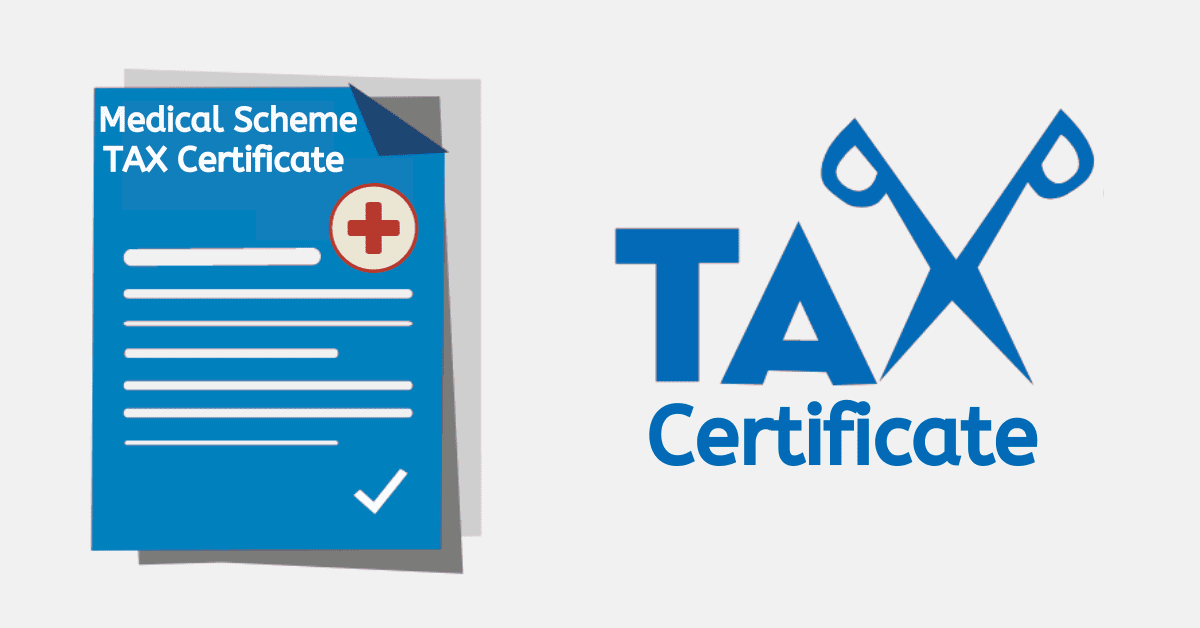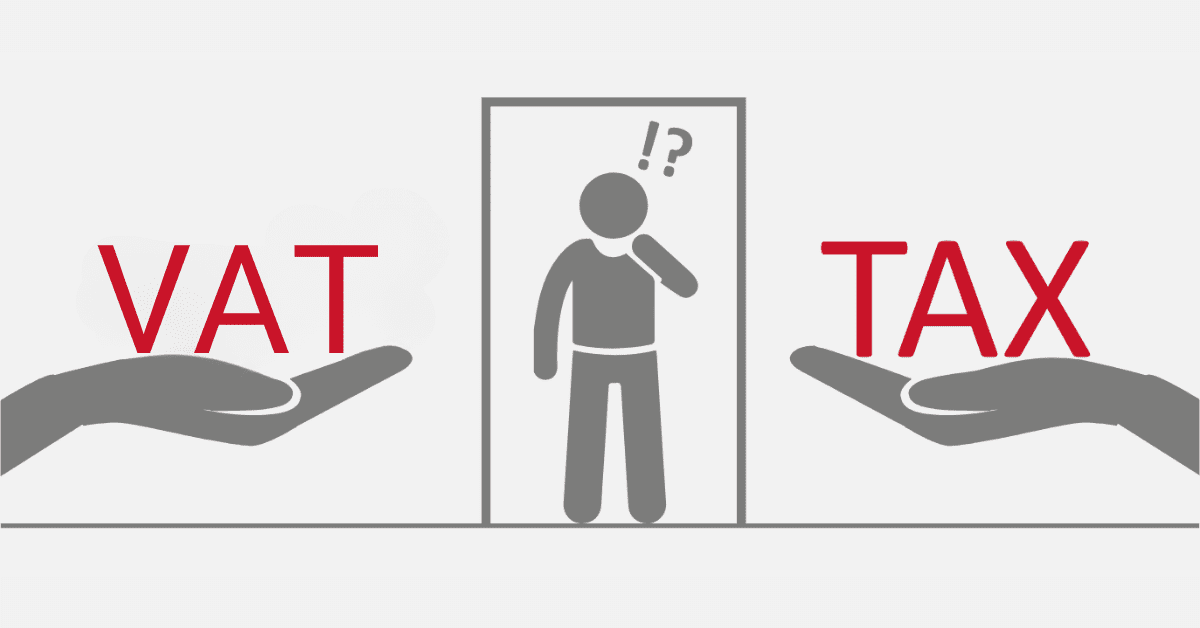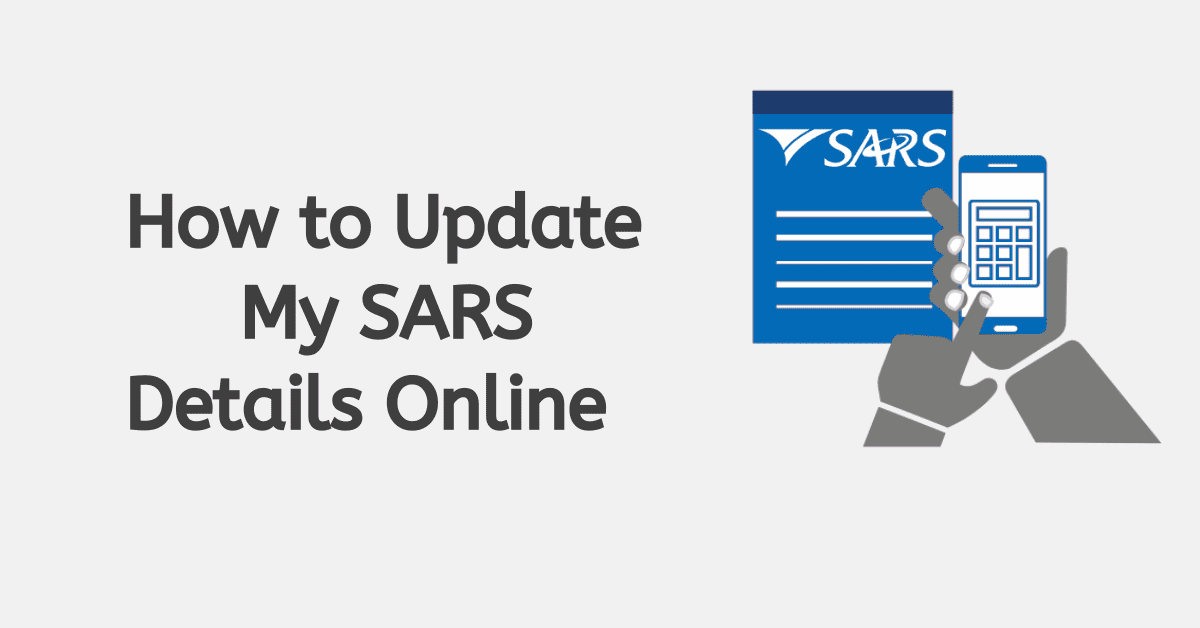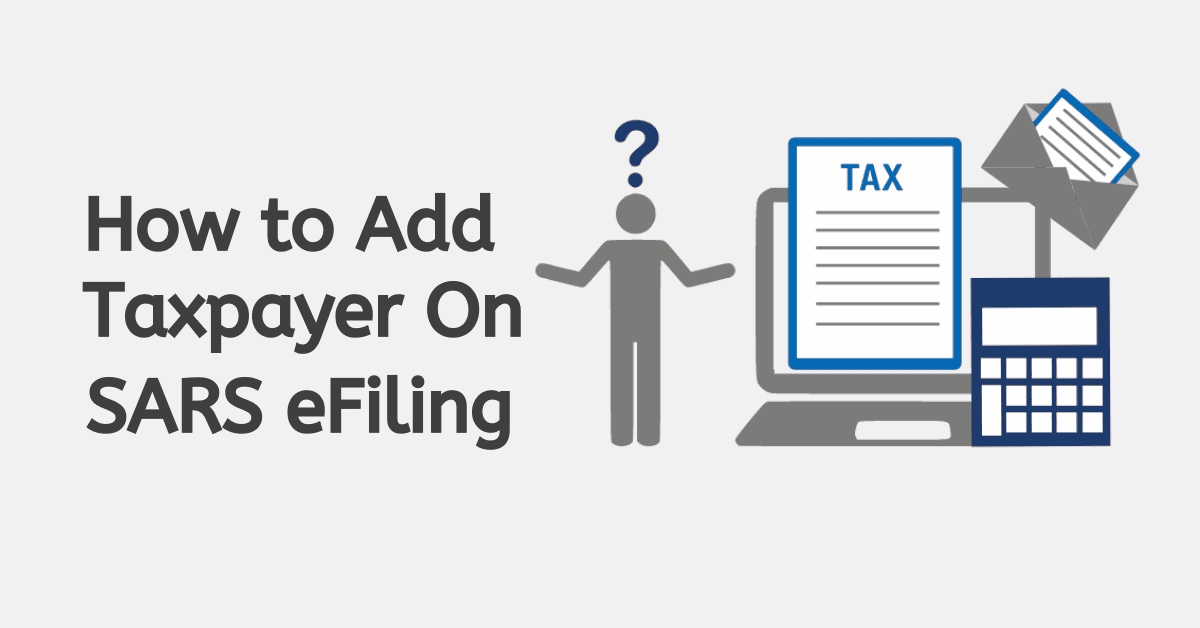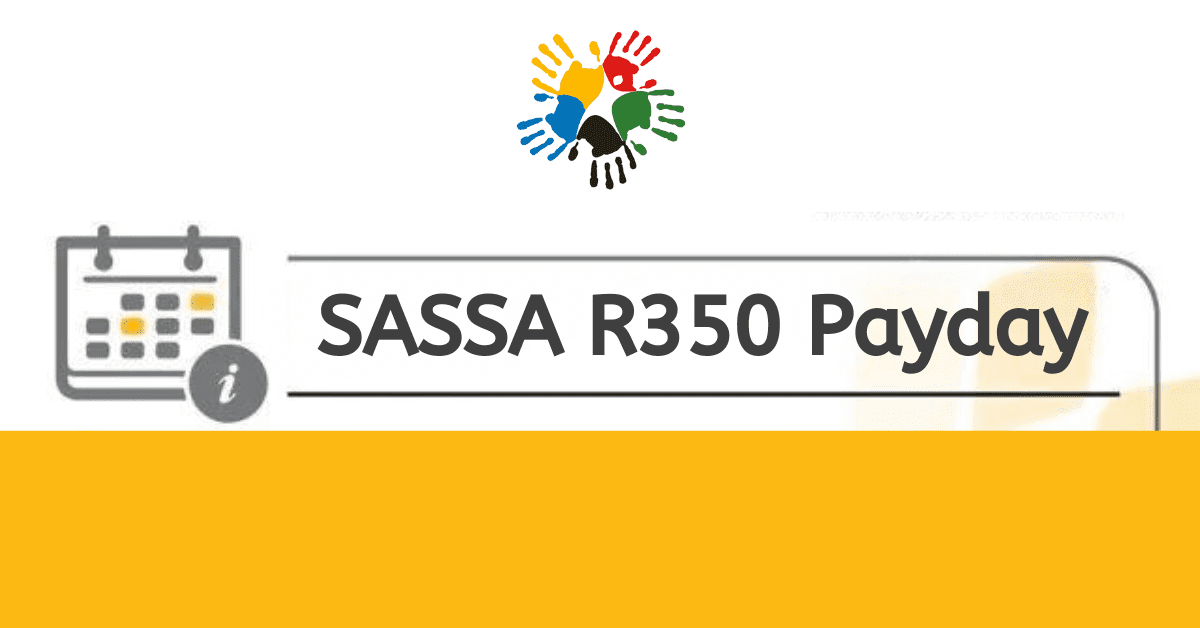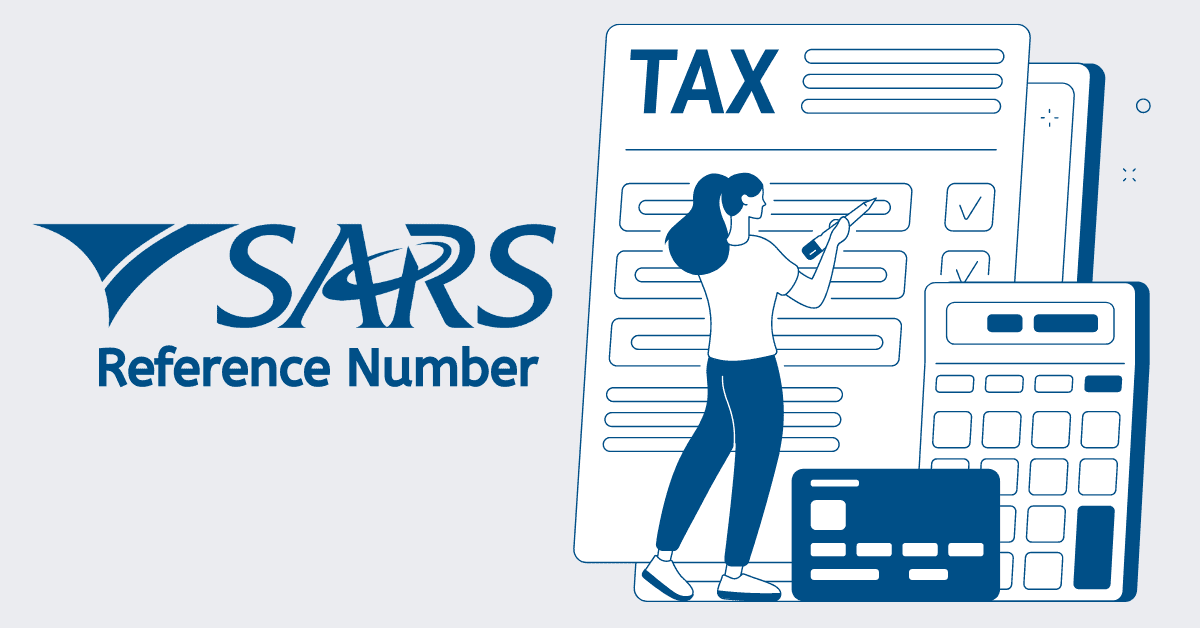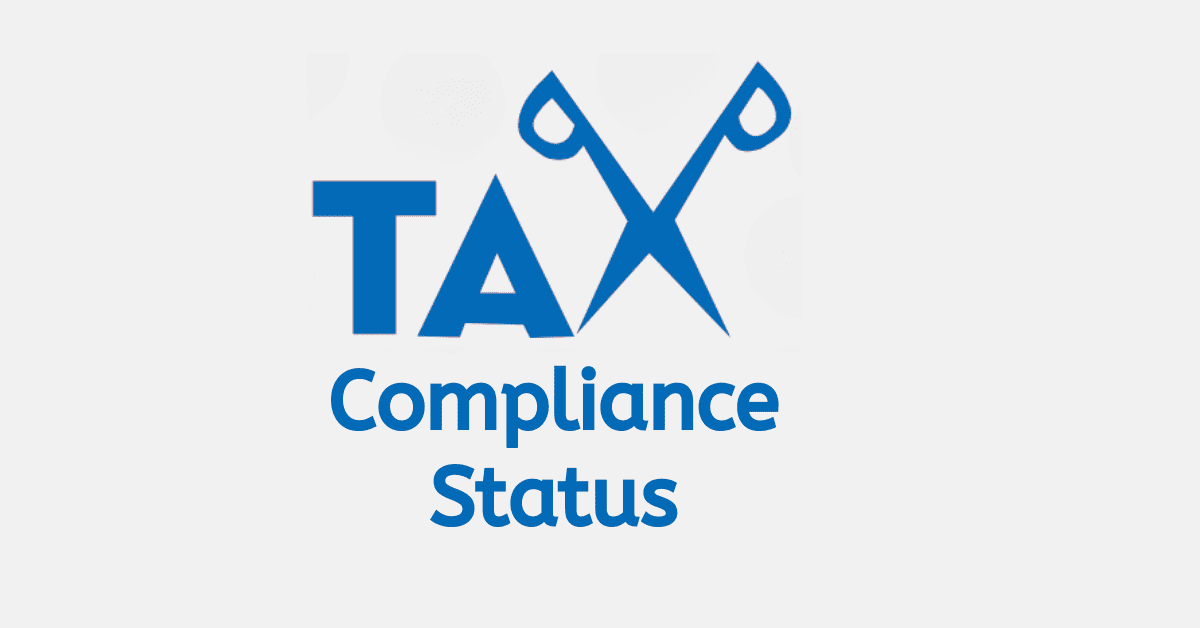Every South African taxpayer must have a clear understanding of the tax bracket system used by SARS. In this blog post, we will explore the diversities of SARS tax brackets, providing insight into their workings and how they affect people’s financial situations.
We will look at the percentage of your pay that SARS claims as we learn more about the subject. This will help us understand how money is spent on national growth. We are also thinking about a fundamental question: “When do South Africans start paying taxes based on their salary?”
This guide is meant to give you the information you need to understand and navigate the tax brackets set by SARS in South Africa easily, no matter how long you’ve been filing taxes or how new you are to personal finance.
What is the tax bracket for SARS?
In South Africa, the tax system used by the South African Revenue Service is progressive and consists of different tax brackets. It’s important to stay updated on the latest information because the tax brackets can change. Typically, people are taxed according to their earnings, with higher rates applied as their income increases. Individuals with a lower income are placed in the lowest bracket, whereas higher earners are categorised into higher brackets. In addition, taxpayers have access to a range of deductions and rebates. It is crucial to stay updated on the current tax brackets to effectively plan your finances and ensure compliance with tax regulations.
How the SARS income tax brackets work
The income tax system in South Africa operates using a structure of income tax brackets for SARS. The brackets are made up of different bands of taxable income, and each band is linked to specific tax rates called marginal tax rates. The applicable marginal tax rate is the highest rate that applies to a part, but not all, of a person’s income.
The income tax brackets are used to determine the amount of taxes owed based on a person’s annual taxable income. This includes their salary as well as any extra earnings such as bonuses. The figure is calculated by subtracting tax exemptions and allowable deductions from the total income. It is important to note that any income below the tax threshold is not subject to income tax.
There are three different levels of tax thresholds based on age. Tax rebates are used to ensure that individuals are not taxed on their income up to the threshold. The eligibility for the first, second, or third rebate depends on a person’s age.
Many employed individuals find that contributing to a retirement fund can result in a significant tax deduction. On the other hand, individuals who earn business income, consulting fees, or professional fees determine their taxable income by subtracting exemptions and eligible expenses. Independent contractors have the advantage of being able to deduct a wider range of expenses that they incur while earning income. Additionally, they have the option to deduct contributions made to a retirement annuity, as long as they stay within the annual limits.
By getting these principles, individuals can effectively navigate the South African income tax system. This knowledge enables them to make the most of their tax positions by considering their employment status and sources of income.
What percentage does SARS take from your salary?
In South Africa, the individual income tax system is designed to be progressive. This means that as your income level increases, the tax rate also increases proportionally. As people start earning more money, they are required to pay a higher percentage of their income in taxes. Tax rates may vary based on different factors, such as your income level, age, and eligible deductions. The amount of tax you owe to the government is greatly influenced by these variables. It is important for individuals who want to manage their finances effectively to understand how these factors can affect tax rates.
Typically, people who earn higher incomes must pay higher tax rates, whereas those with lower incomes are subject to lower rates. The goal of this progressive tax system is to ensure that the tax burden is distributed fairly among taxpayers, taking into account their ability to pay. Tax rates can also be influenced by age. Notably, there is no fixed percentage indicated by SARS on all salaries.
At what salary do you start paying tax in South Africa?
Have you ever wondered at what salary you start paying taxes in South Africa? The answer is simple: the tax bracket identifies individuals who are required to pay tax, but what qualifies an individual to start paying PAYE tax?
As a South African, you start paying tax as soon as your annual gross income is over R91,250. However, it is important to meet the minimum age required to work under the labour organisation law in South Africa.
The income one earns, all things being equal, can initiate to start paying PAYE tax to SARS.
